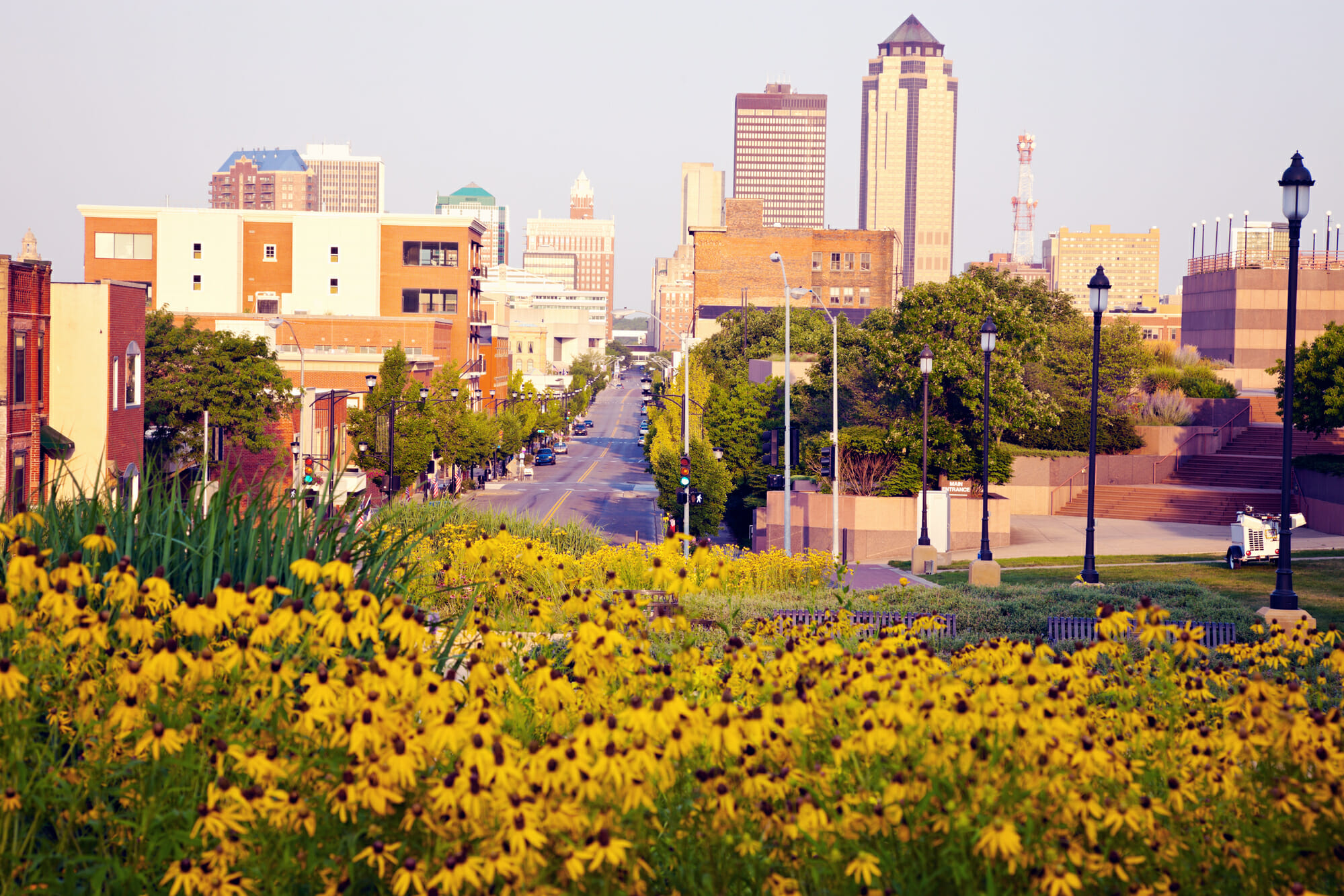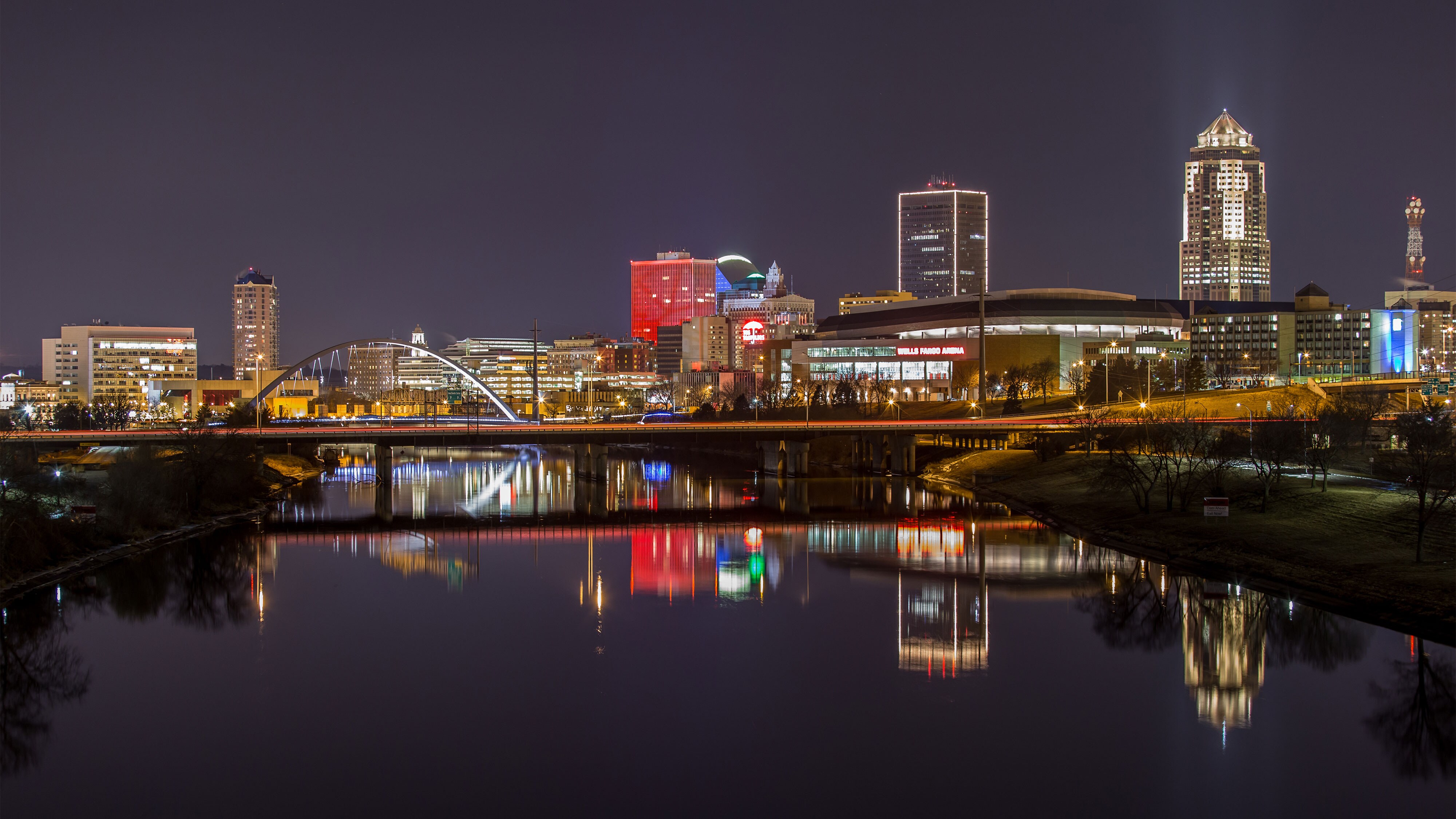

They might accentuate a characteristic they already possess, but plow horses don’t become thoroughbreds. “By some important measures, Des Moines is way ahead of its cooler coastal cousins.” Not bad for a metro area of half a million located hundreds of miles from either mountains or the sea.Ĭities don’t, as a rule, change their identities.

“Never mind California or New York,” Fast Company declared two years back. It has the highest community pride in the nation, according to a Gallup poll last year, and in October topped a Bloomberg analysis of which cities in the United States were doing the best at attracting millennials to buy housing. News) and economically strongest city ( Policom), its best for young professionals ( Forbes), families ( Kiplinger), home renters ( Time), businesses and careers ( Forbes).

In recent years Des Moines has been named the nation’s richest (by U.S. No longer just a drab dateline from the first battleground state, this metropolis is riding high in the polls. The city that a legion of presidential campaign staffers and journalists are now swarming over is not the one many of them might recognize from cycles past. Former Talking Heads frontman David Byrne showed up at its opening in 2014 because he thinks a city once called “Des Boring” may be America’s next creative hub. A few blocks away, the uber-cool Des Moines Social Club draws 25,000 people a month - more than a 10th of the city’s population - to take part in everything from Shakespeare and avant-garde theater to live music and aerial gymnastics classes. has come alive, with 10,000 new residents and a bevy of nationally recognized restaurants. Its downtown - previously desolate after 5 p.m. If they did, you’d be like, ‘What, you want to be an actuary?’”īut unbeknownst to many outside the Midwest, over the past 15 years Des Moines has transformed into one of the richest, most vibrant, and, yes, hip cities in the country, where the local arts scene, entrepreneurial startups and established corporate employers are all thriving. “Not many people come to chase their dreams. “Usually you are born here or marry into here or get transferred here,” says local entrepreneur Mike Draper. The capital of Iowa has long had a reputation as one of the least hip, least interesting and least dynamic cities in the Western world, a dull insurance town set amid the unending corn fields of flyover country, a place Minneapolis looks down on and the young and ambitious flee as soon as they graduate. Colin Woodard is a contributing editor at POLITICO and author of five books, including American Nations: A History of the Eleven Rival Regional Cultures of North America and the forthcoming American Character: A History of the Epic Struggle Between Individual Liberty and the Common Good.


 0 kommentar(er)
0 kommentar(er)
